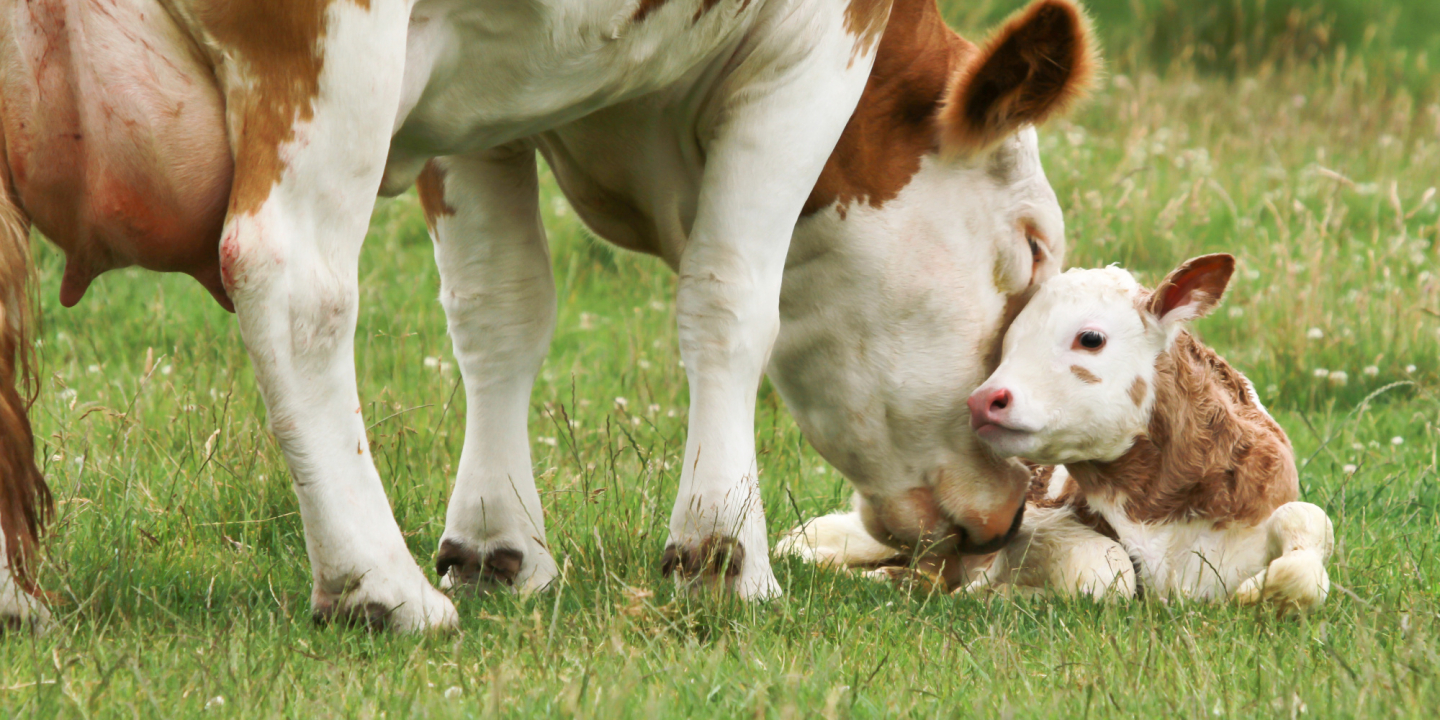Anatomic Pathology
Cornell University has a long history of anatomic pathology excellence in North America and represents one of the oldest programs in the world. Building on foundations set over a century ago, our section continues to grow in three directions: diagnostic services, teaching, and research.
Diagnostic Services
The Anatomic Pathology service provides comprehensive diagnostic services including postmortem examinations, biopsy evaluation, and advanced testing techniques including histochemistry, immunohistochemistry, and in situ hybridization. Members of the faculty are board certified by the American College of Veterinary Pathologists and have expertise in a diverse set of animal species and organ systems.
The Anatomic Pathology section is part of The Department of Population Medicine and Diagnostic Sciences and is one of several laboratory sections in the Cornell Animal Health Diagnostic Center. Faculty and residents work closely with veterinarians around the world and collaborate with laboratory diagnosticians to integrate gross and histopathology findings with ancillary testing to produce results that guide patient outcome.
Residency Training
The Cornell pathology program is one of the largest in the nation, graduating over 130 anatomic pathology residents and Ph.D. candidates since 1979. Many Cornell graduates have gone on to leadership positions in industry and academia.
Our residency training program continues to grow. Anatomic pathology residents are exposed to a wide array of case materials, are encouraged to pursue research interests, and have opportunities to participate in instruction of DVM students.
The residency program is designed to prepare competitively selected veterinarians for careers in veterinary diagnostic pathology, industry, comparative pathology, or to provide a foundation for graduate studies leading to a career in biomedical research.
Research
In addition to teaching and residency training, faculty in the Section of Anatomic Pathology participate in both collaborative and independent research endeavors. Individual faculty members have strong research interests in a wide variety of species and organ system. These research efforts are supported by a wide array of sophisticated facilities located throughout the diagnostic center, college, and university.
Over 100 years of history
The pathology program at Cornell University College of Veterinary Medicine is based on a distinguished heritage started by Dr. Peter Olafson.
Dr. Olafson enjoyed a long and distinguished career based on international reputation in research and diagnostic pathology.
Today, the anatomic pathology residents and faculty at Cornell continue to build on the foundations set during the last 100 years.



